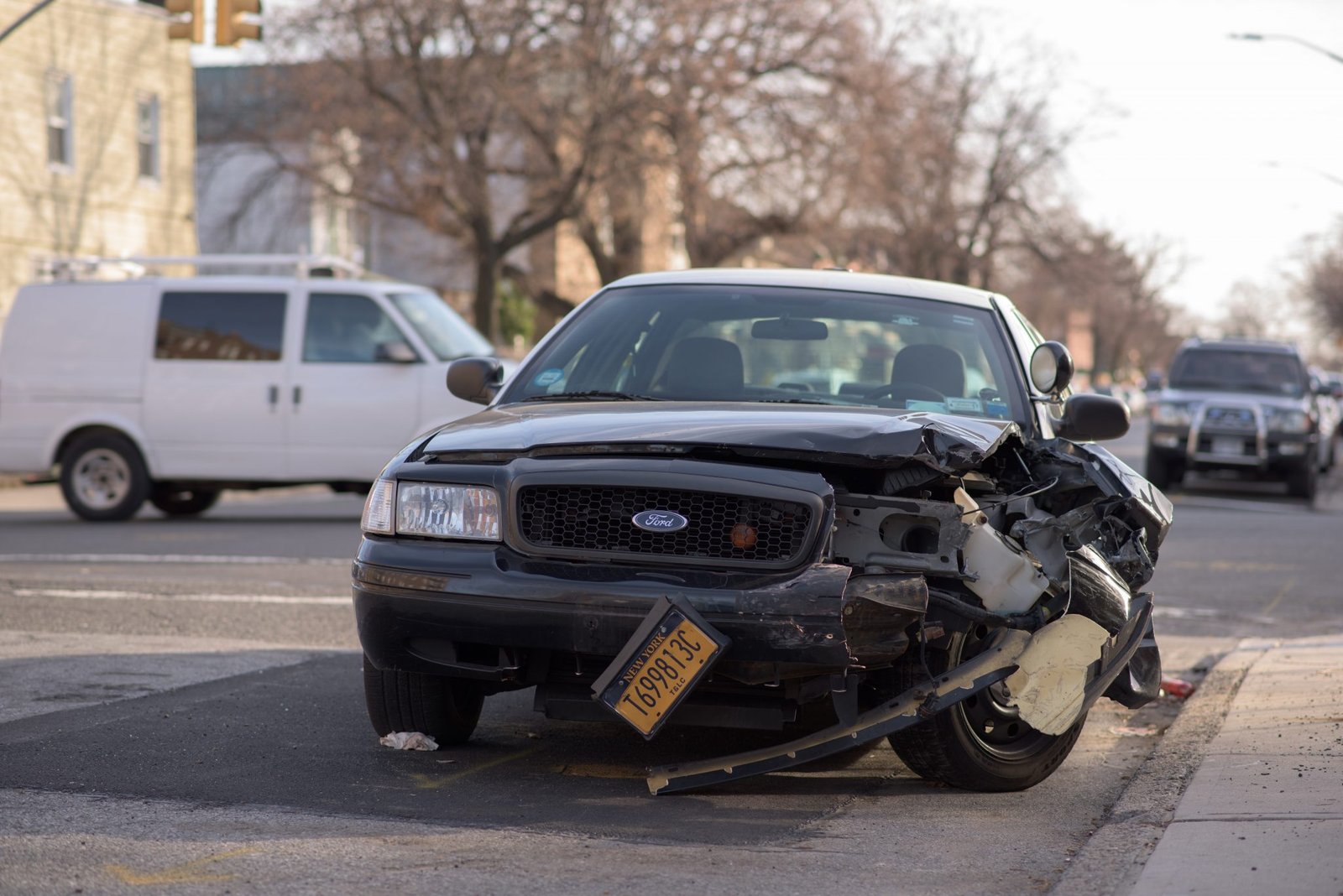
What To Do After A Car Accident In The USA: Your Complete Guide
Accidents happen in the blink of an eye and can have devastating effects on yours as well as others’ lives.
Not only can the financial implications be dire, but resulting injuries or even the death of someone involved can be a burden on you for the rest of your life. It is critical that if the worst happens, you remain as calm as possible and follow the guideline step by step to reduce the harsher impacts that it could have on your life.

Texas, in particular, has some of the highest accident rates in the whole of the US. Statistics show that one person has died on Texas roads every single day for the last 19 years. People are also 46% more likely to be involved in an accident in Texas than anywhere else in the country.
One of the epicenters of the problem has been shown to be Martin Country. Martin County accident reports indicate that road accidents are the leading cause of death in the county, with one in three accidents being a direct result of drunk driving. Another third boils down to speeding, while the rest are as a result of other factors like texting while driving and recklessness.
All of these are preventable and a result of recklessness. However, in this article, we took a look at the actions that you should take directly after an accident.

This is a step by step guide and is not subject to whether you are at fault or not. Your first concern should be the safety of everyone involved and thereafter acting correctly to avoid any unnecessary legal action for your behavior at the scene. Let’s get right into it.
Step One: Stop, Survey, and Secure
If you have been involved in any accident, the first thing you absolutely have to do is stop. Fleeing an accident scene, or simply leaving, whether it’s your fault or not can be seen as a criminal offense. You will land up with hefty fines and jail time if you do. You will not be able to ascertain the extent of damage or injuries from your vehicle, so if you can, pull over to a safer spot and survey the damage.
Your first job will be to ascertain who is involved, how many people in total, and what the extent of their injuries is. When you approach them, you can also assess whether they are driving under the influence or the other way around. Once you’ve confirmed, it would be wise to get in touch with a DUI attorney.
It is highly advisable not to move anyone who is injured, however, if they are in danger of being injured further by a burning car, or being struck by another car, you will want to assist in getting them out of harm’s way. It is also advisable to check yourself for injuries. Adrenaline usually masks the pain of the injuries and you may have received a serious one without actually being immediately aware of it.

Step Two: Contact the Authorities
Once you have secured the scene, your next step is to contact the emergency services. It is a legal requirement to have a police official at every single accident scene for an accident report. If someone is injured or has succumbed to their injuries, you will need medical authorities to be sent to the scene too. The Texas Transportation Code Title 7: Vehicles and Traffic, Subchapter B: Duties Following an Accident states that you are required to report an accident where there is an injury, death, or property damage of $1,000 or more involved. You will face hefty fines, imprisonment, and your insurance not being paid out should you not comply and not call authorities.
It is common for anyone in an accident to be in a state of shock, and not be able to give a report at the scene, especially if it is a serious accident involving loss of life or serious injuries. In this case, you will not necessarily need to give your statement at the scene, but can do so at a later stage at the station. You may also have an attorney present. These reports can be requested from the station and can be picked up in person or requested online in Martin County to be submitted to your insurance company.
Step Three: Document as Much as You Can
Whether the accident is your fault or not, it will count greatly in your favor to make sure you have proof of everything and have it all documented. If the other party is conscious and capable, you will need all of their details. Ask for the following information from them:
- Full name and surname;
- Contact details;
- Address;
- Insurance company information;
- Plate number;
- Type and color of the car.
What you need to keep in mind is that you do not know the other person involved in the accident and there is always a risk that they could lay the full blame of the accident on you in order to claim full damages.

This type of fraud is prevalent worldwide, so you will need to record everything accurately for your own records. It is advisable to take photos of the scene and the vehicles. Concentrate on the following:
- Damage to your car;
- Damage to the other car;
- Damage to any surrounding structures and property;
- Where the other car came from;
- Where the collision took place;
- Where the stop signs, traffic lights, and bends in the road are located;
- What the main cause of the accident was.
Remember, the more evidence you have, the better your case. You don’t want to be left responsible for costs that were not your fault due to poor documentation. This is important for legal protection as well, whether the car is yours or not. Every experienced car rental lawyer can explain how difficult it can be to prove the extent of damage, especially in cases where there has been no police report, and you need to rely on your own evidence. That’s why it is critical to document everything thoroughly.
Step Four: Watch What You Say at the Scene
This goes hand-in-hand with the statement above that you should not blindly trust the other party involved. The incident is very overwhelming and stressful on you, however, remaining more silent about what transpired, and not expressing your emotions could be beneficial to you in the long run. What you say could be taken out of context and the other parties or authorities could determine your simple statement as an admission of guilt.

Stay away from any kind of language like “I just didn’t see you”, “I looked at the time” or “I didn’t pay attention for a second”. This could land you in hot water and responsible for all costs. Keep your side of the story for the report and have that evidence ready.
Last Thoughts
As difficult as it may seem, it is in your best interests to remain as calm, methodical, and compassionate as possible. These are highly stressful situations, especially when someone is injured or even worse, has passed away. However, you have to keep in mind that your actions could determine any legal outcome in the future. So act wisely.








